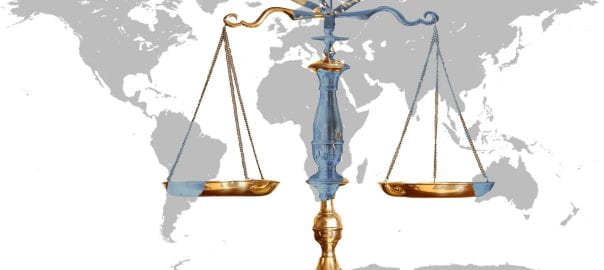
Paratexts and Authorship
The materiality of literature, and its implications on copyright law’s central categories of author and work, is a recurrent question in the theory and history of intellectual property. In my recent article ‘From Paratexts to Print Machinery’ published in Law and Critique, I attend to some peripheral matters of Immanuel Kant’s 1785 essay, ‘On the Wrongfulness of Reprinting’ (Von der Unrechtmäßigkeit des Büchernachdrucks), as indices of its medial-material conditions of possibility. This medial reading is guided by Gérard Genette’s notion of the paratext, defined as ‘what enables a text to become a book and to be offered as such to its readers and, more generally, to the public.’ Originally appearing in the May 1785 issue of the Berlinische Monatsschrift, Kant’s publication materially encompassed not only the epitextual background of the German Enlightenment, but also the peritextual features of catchwords, signature marks, and various front matter. I argue that the periodical was deeply involved in the operations of a print machinery preceding the authorial figure, the existence of which perturbs copyright law’s attachment to original authorship.

